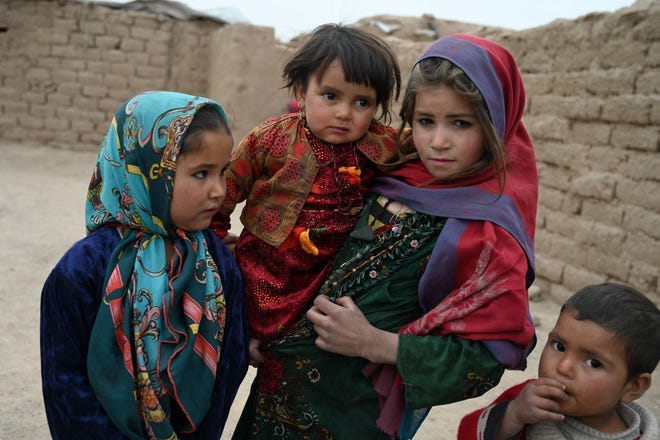While US sits on billions in Afghan funds...
UN head reports that some Afghans are “selling their children and their body parts” to get money for food.
There are about $7 billion of Afghan funds from the country's central bank frozen in the United States. Afghanistan's post-war economy is on the verge of collapse. Inflation is soaring, and millions of Afghans are on the brink of starvation.
The head of the United Nations said Thursday that nearly all Afghans don’t have enough to eat and some have resorted to “selling their children and their body parts” to get money for food.
But a UN conference of several rich donor countries, divided over cold-war politics, fell massively short of its goal. UN Secretary-General, António Guterres, had appealed for generosity at the start of the conference, saying the humanitarian situation in Afghanistan had “deteriorated alarmingly” and urged donors to provide “unconditional and flexible funding” towards its $4.4B appeal for aid. He said the Afghan economy had effectively collapsed and the country was in a death spiral. But his appeal apparently fell on deaf ears.
Mark Weisbrot, writing in USA Today, warns that, Biden's sanctions on Afghanistan threaten to kill more civilians than two decades of war.
When President Joe Biden decided to withdraw the U.S. military from Afghanistan last year, much of America's news media came down on him like a ton of bricks. Republicans piled on, calling the withdrawal an “unmitigated disaster.”
But getting out was the right move.
In fact, the real mistake was the opposite: The Biden administration did not end the war, but continued it by other means, which are turning out to be more violent and destabilizing. The economic sanctions imposed by the United States and its allies are causing widespread, severe hunger in this desperately poor country.
Nearly 50 members of Congress warned Biden in a letter that economic collapse in Afghanistan due to U.S. sanctions “could create ungoverned spaces, and enable resentment against the U.S., producing fertile ground for groups like ISIS to gain strength."



